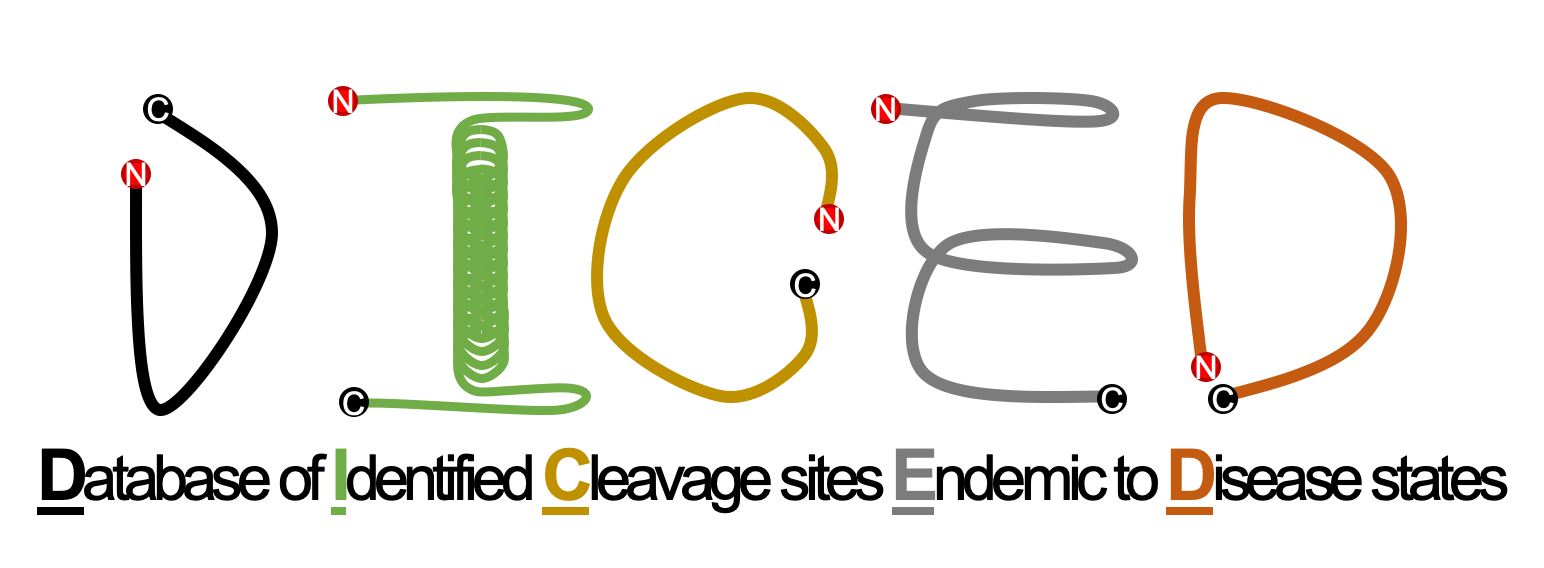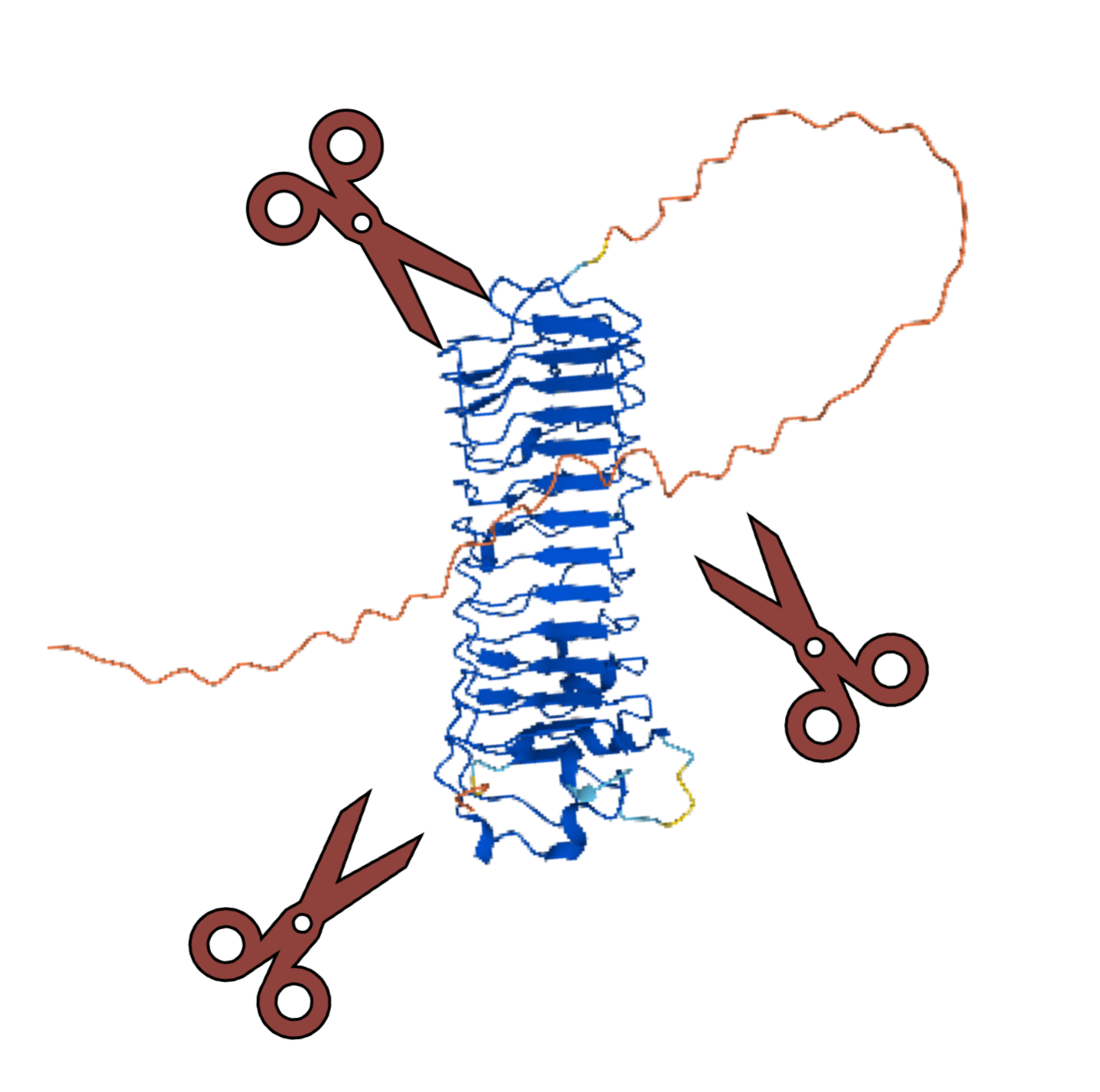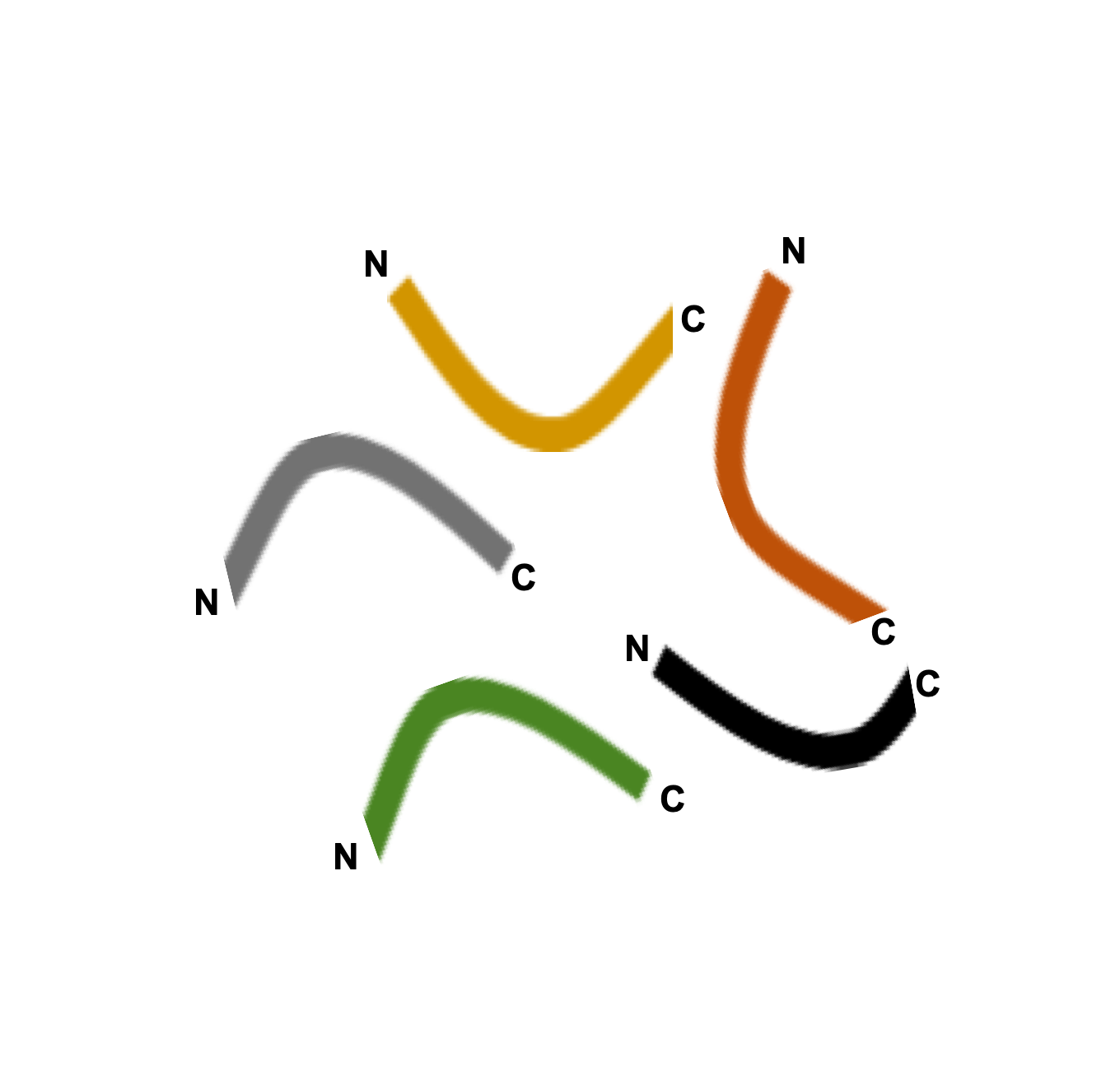
DICED is a web interface for access to proteolytic peptides identified in disease tissues using N-terminomics
Proteolytic peptides in disease tissues, identified through N-terminomics, provide valuable insights into the role of proteases in disease progression. N-terminomics is a specialized technique that maps protein cleavage sites, enabling the identification of peptides generated by protease activity. This approach helps uncover disease-associated proteolytic patterns, revealing biomarkers and potential therapeutic targets. By examining the proteolytic landscape in diseased tissues, N-terminomics advances our understanding of how protease regulation impacts cellular pathways in various pathologies.
Joshi, J., Bhutada, S., Martin, D.R., Guzowski, J., Blankenberg, D. and Apte, S.S. (2025), DICED (Database of Identified Cleavage Sites Endemic to Diseases States): A Searchable Web Interface for Terminomics/Degradomics. Proteomics e202500007. https://doi.org/10.1002/pmic.202500007

